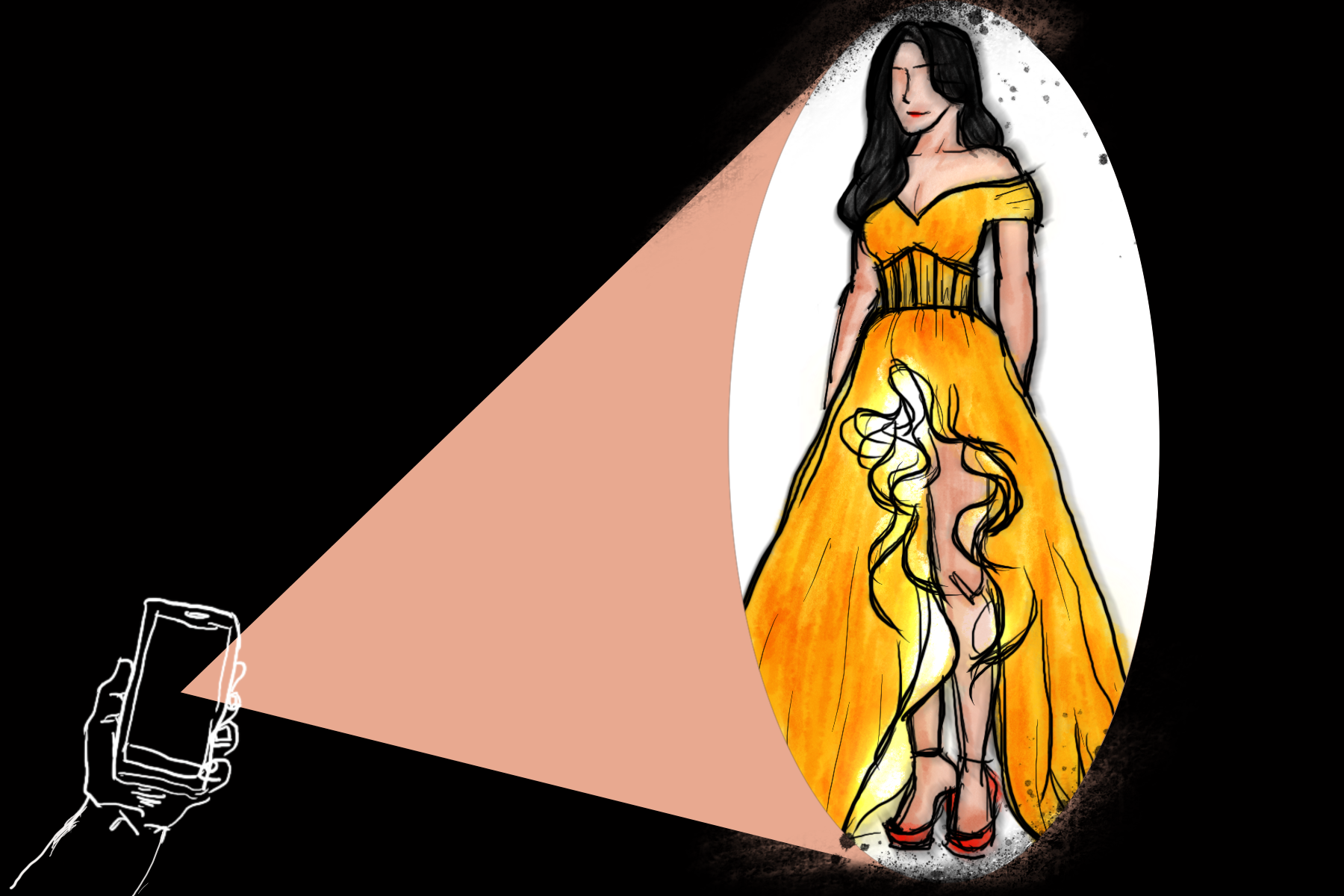Mirrors on the Screen: A Closer Look at Female Body Image
Feature - Yuyan Shen
“Everyone is telling her to be careful. She learns that making her body into her landscape to tame is preferable to any kind of wildness. ”
The silent battleground of body image looms large, especially for women, where aesthetics intersect deeply with identity, self-worth, and societal acceptance. Recently, the narrative around female body image and societal expectations has taken center stage in China because of a newly released Chinese movie, “YOLO.”
A catalyst for conversation on female body image in China
Directed by and starring Jia Ling, "YOLO" is a comedic take inspired by the 2014 Japanese film "100 Yen Love". It revolves around the character Du Leying, who has spent many years living a reclusive life at home being a “剩女”, or “leftover woman” (a phrase Chinese use to describe unmarried females over 30 years old). After encountering boxing coach Hao Kun, Leying embarks on a transformative journey, overcoming personal challenges and rediscovering her zest for life through boxing.
This movie showcases the complexities of female body image through Leying's story. The character's journey from confrontation with personal challenges to self-improvement through boxing mirrors societal expectations of physical appearance. On top of that, this storyline is not just a narrative choice but a reflection of Jia Ling's real-life physical transformation for the role as she lost 50kg during the entire film production process. Many people were stunned by her determination to lose weight and said it was one of the reasons why they were paying to watch this movie.
YOLO poster. Photo: Film.Ca Cinemas
“The weight-loss cult recruits women from an early age, and eating diseases are the cult’s bequest. Anorexia and bulimia are female maledies: 90-95% of anorexics and bulimics are women. ”
Welcome to the Cult of Scales: A Gendered Disparity
Furthermore, the narrative of transformation in “YOLO” raises the question: Does it inadvertently equate physical appearance with self-worth and success? While "YOLO" aims to inspire, it also navigates the sensitive terrain of body image debate, particularly around the potential for "fat shaming" and promoting a narrow definition of a "healthy" body as the key to a better life. This phenomenon is not unique to Jia Ling or "YOLO" but is a widespread issue in the entertainment industry.
This societal fascination with weight loss is not merely about health but is entangled with notions of beauty, success, and, ultimately, a woman's value in society. The intense focus on female celebrities' weight, such as Selena Gomez, and Meghan Trainor, who is ironically famous for her song <All About That Bass>, reflects a broader societal obsession with thinness as a standard for female beauty. This standard not only perpetuates unrealistic beauty ideals but also places immense pressure on women to conform to these expectations to be deemed successful or worthy.
In stark contrast, male celebrities like Leonardo DiCaprio, who may experience changes in body shape, rarely endure the same level of public critique or pressure to adhere to a specific physical ideal. Moreover, the transformations of male celebrities like Ethan Suplee, and Chris Pratt are often celebrated as tales of discipline and dedication to their craft. While these men are indeed lauded for their physical changes, the discourse rarely, if ever, reduces their worth to their appearance. Instead, their transformations are typically framed within the context of professional achievement or personal health, rather than a prerequisite for acceptance or success. The lack of similar scrutiny faced by male celebrities such as Leonardo DiCaprio, who remains relatively unscathed by public commentary on his physique, highlights a gendered double standard in the cultural narrative surrounding body image.
This gendered disparity in the reception of weight loss underscores a profound societal double standard: women are often valued for their appearance, while men are celebrated for their actions and achievements. This double standard not only undermines women's accomplishments but also contributes to a culture where women's bodies are public property, subject to scrutiny and judgment.
Moreover, the phenomenon of the "cult of scales" has broader implications for mental health, contributing to the prevalence of eating disorders and body dysmorphia. By glorifying extreme weight loss for a healthier body, the media plays a critical role in shaping harmful perceptions of body image. Women, in particular, find themselves in a perpetual cycle of striving for an unattainable ideal, leading to a host of psychological and physical health issues, further exacerbated by unequal scrutiny and expectations placed on them in comparison to men.
Mirror on a Screen. Illustration by Yuyan Shen / PRESSET.
Let’s say the F-word to the Scale
Breaking free from the "cult of scales" requires a collective effort to challenge and redefine societal norms surrounding body image. Films like "YOLO" have sparked important conversations about self-improvement and the multifaceted nature of transformation. However, it is crucial to navigate these narratives with sensitivity to the underlying messages about body image and self-worth.
As audiences, we must critically engage with media portrayals of body image, recognizing the influence they have on societal standards and individual self-perception. Celebrating diversity in body shapes, sizes, and appearances is a vital step toward dismantling harmful beauty ideals. Additionally, promoting narratives that emphasize personal growth, health, and well-being over physical appearance can contribute to a more inclusive and accepting culture.
The journey towards a more equitable and healthy societal perspective on body image is long and complex. Yet, by confronting these issues head-on, questioning the status quo, and advocating for change, we can begin to break the mirrors and scales and move towards a culture that values individuals for who they are, not just how they look. In doing so, we not only liberate women from the oppressive standards of beauty but also foster a society that celebrates diversity, resilience, and genuine well-being.

